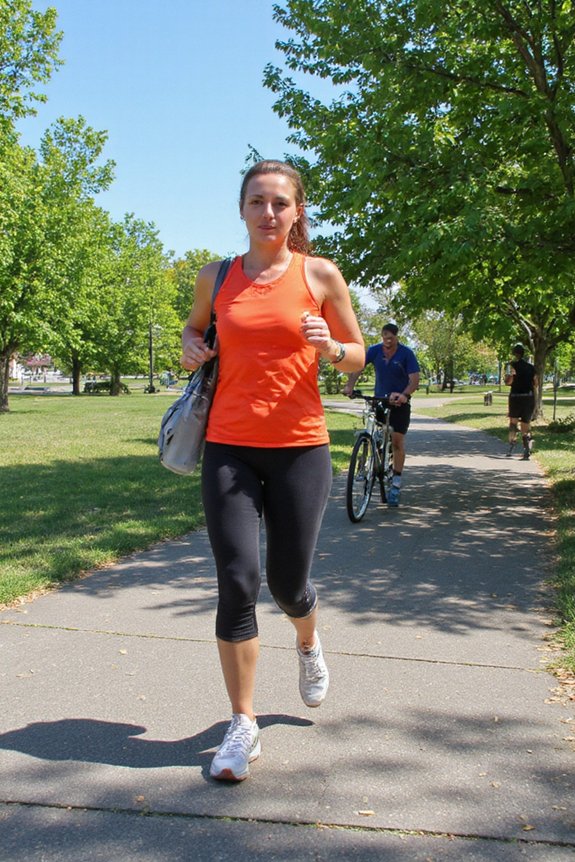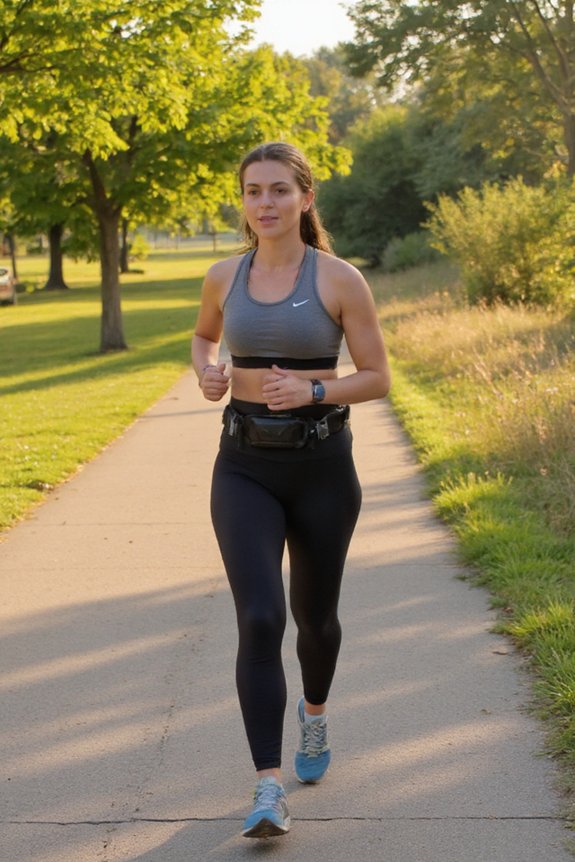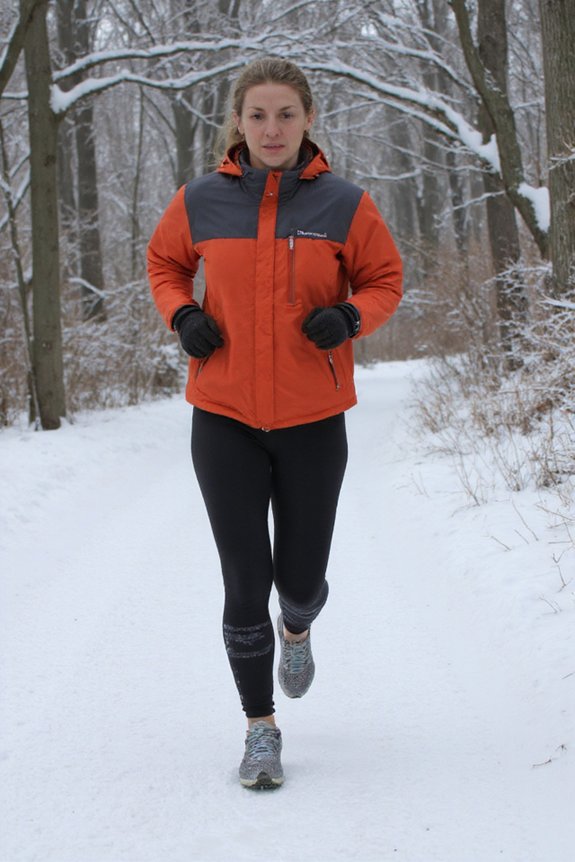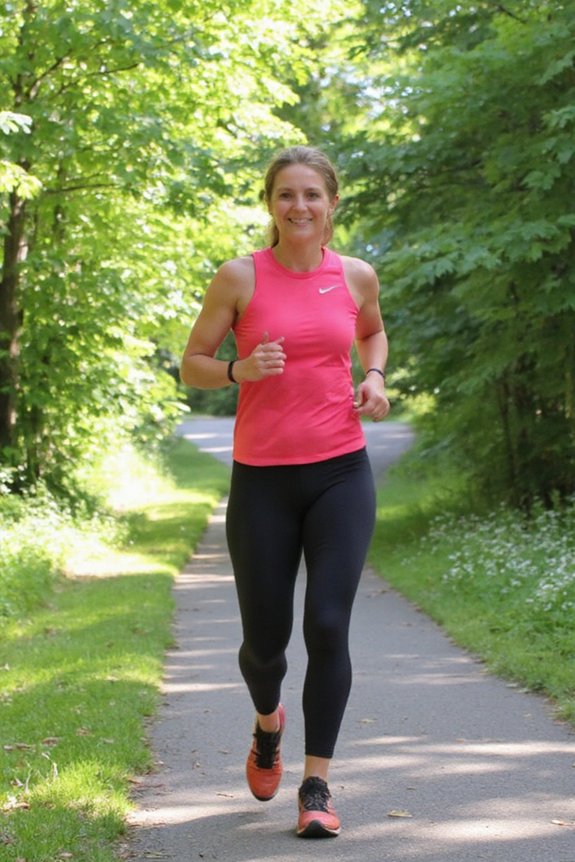When you’re gearing up for a marathon, figuring out the right pace can feel overwhelming, especially with so much information out there. But don’t worry; a marathon pace calculator can be your best friend in this journey. It helps you determine the exact pace you need to hit your desired finish time. Whether you’re aiming for a personal best or just want to cross the finish line, these calculators take the guesswork out of your training.
A marathon pace calculator simplifies your training by helping you pinpoint the pace needed to achieve your finish time goals.
There are plenty of great calculators out there to choose from. Popular options include Runna, Strava, Calculator.net, McMillan Running, and Omnicalculator. Each of these tools allows you to input your race distance and either your desired finish time or a recent race performance. From there, they’ll predict your finish time and provide training paces tailored to your goals. Some even adjust for conditions like heat or altitude, ensuring you’re prepared no matter the circumstances. Using Strava’s features (analyze training data) can help you improve your pacing strategy over time.
If you’re curious about typical race paces, know that the men’s world record marathon pace is around 4:41 per mile, while the women’s record sits at 5:10. While those numbers are impressive, don’t let them intimidate you. Everyone’s journey is different, and your focus should be on what works for you. Regular running and consistent training are essential for achieving your target paces. The more you practice, the more you’ll find your rhythm (consistent running routine).
Nutrition and hydration play an important role in supporting your marathon training. Fuel your body with the right foods and stay hydrated, especially on those long runs. Proper gear is also important—invest in good running shoes and consider safety precautions like running in well-lit areas or with a buddy. These steps can make a significant difference in your overall experience.
As you train, remember that conditions can vary. If you’re running at higher altitudes, your performance may dip due to lower oxygen levels. Similarly, hot weather can lead to overexertion and dehydration, necessitating pace adjustments. Training on different terrains will also prepare you for race day, no matter what the course throws at you.







